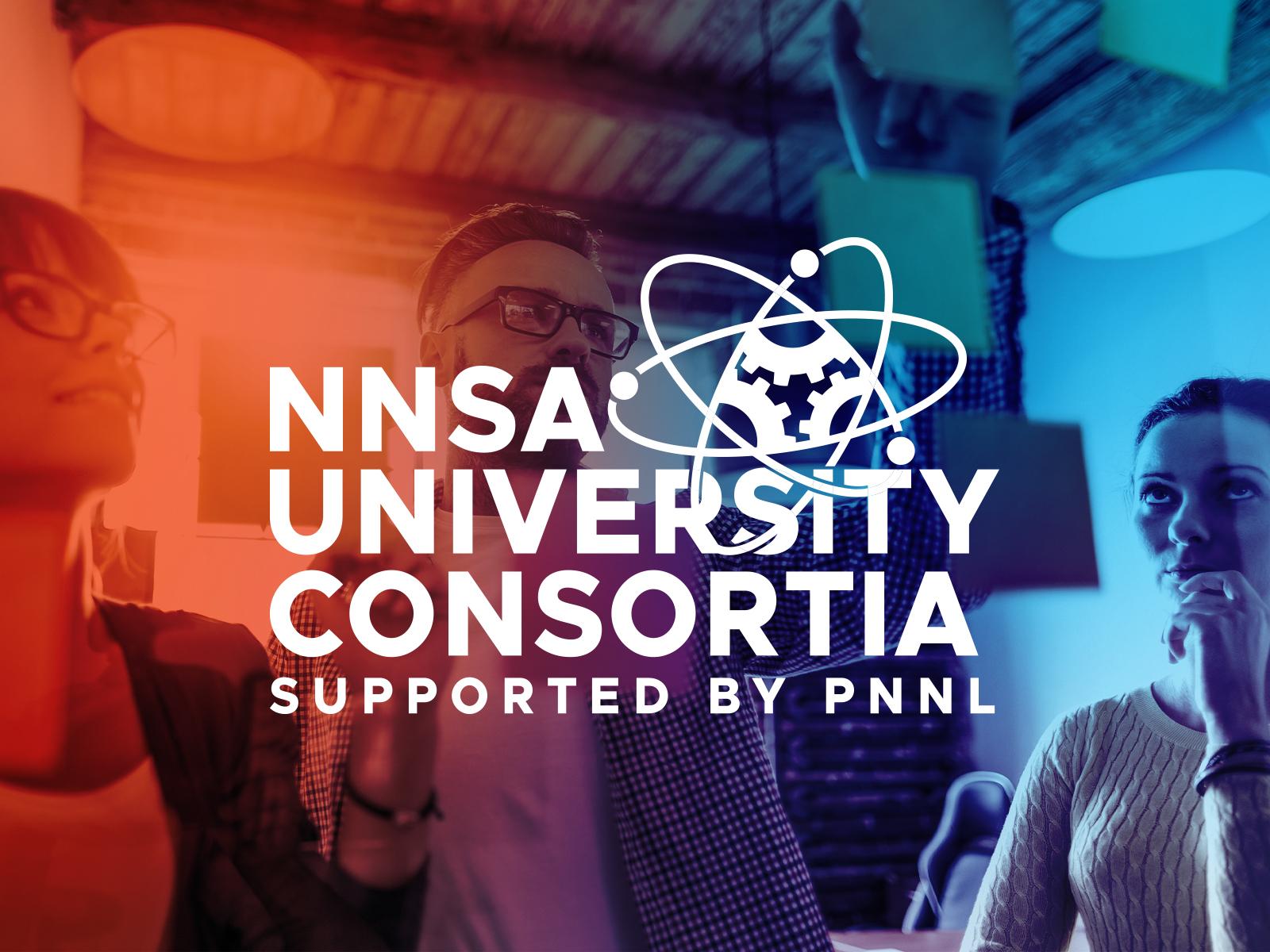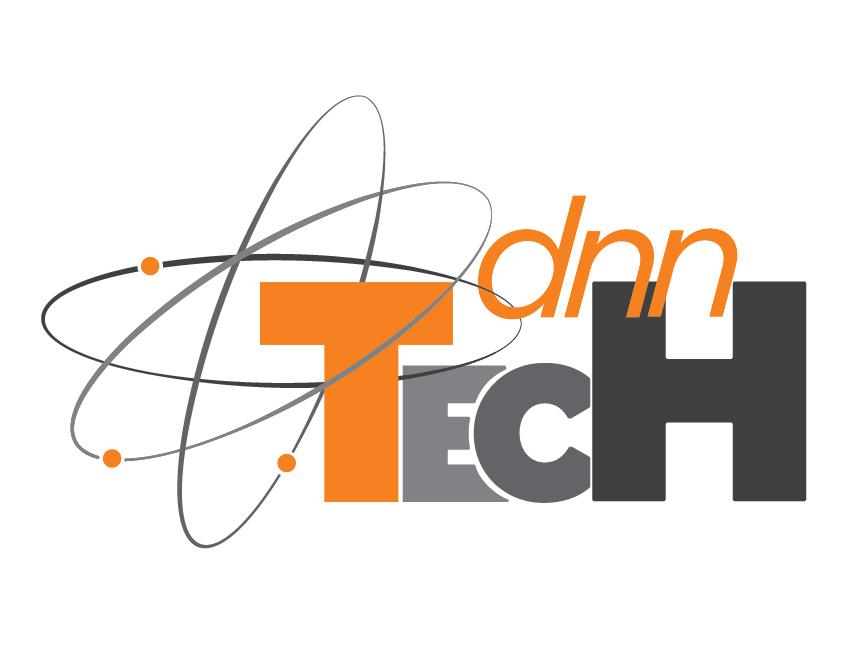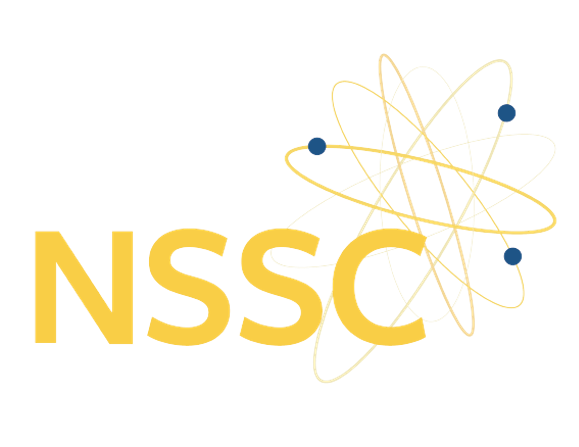National Nuclear Security Administration University Consortia
Helping to develop the next generation of nonproliferation professionals
Through linking basic research at U.S. universities with the capabilities of U.S. Department of Energy (DOE) national laboratories, these consortia, sponsored by the National Nuclear Security Administration (NNSA) and supported by Pacific Northwest National Laboratory (PNNL), are helping to advance nuclear science and security goals while training the next generation of future scientific leaders that will help protect the world from weapons of mass destruction.

NNSA PNNL Consortia
(Composite Image by Donald Jorgensen | Pacific Northwest National Laboratory)



